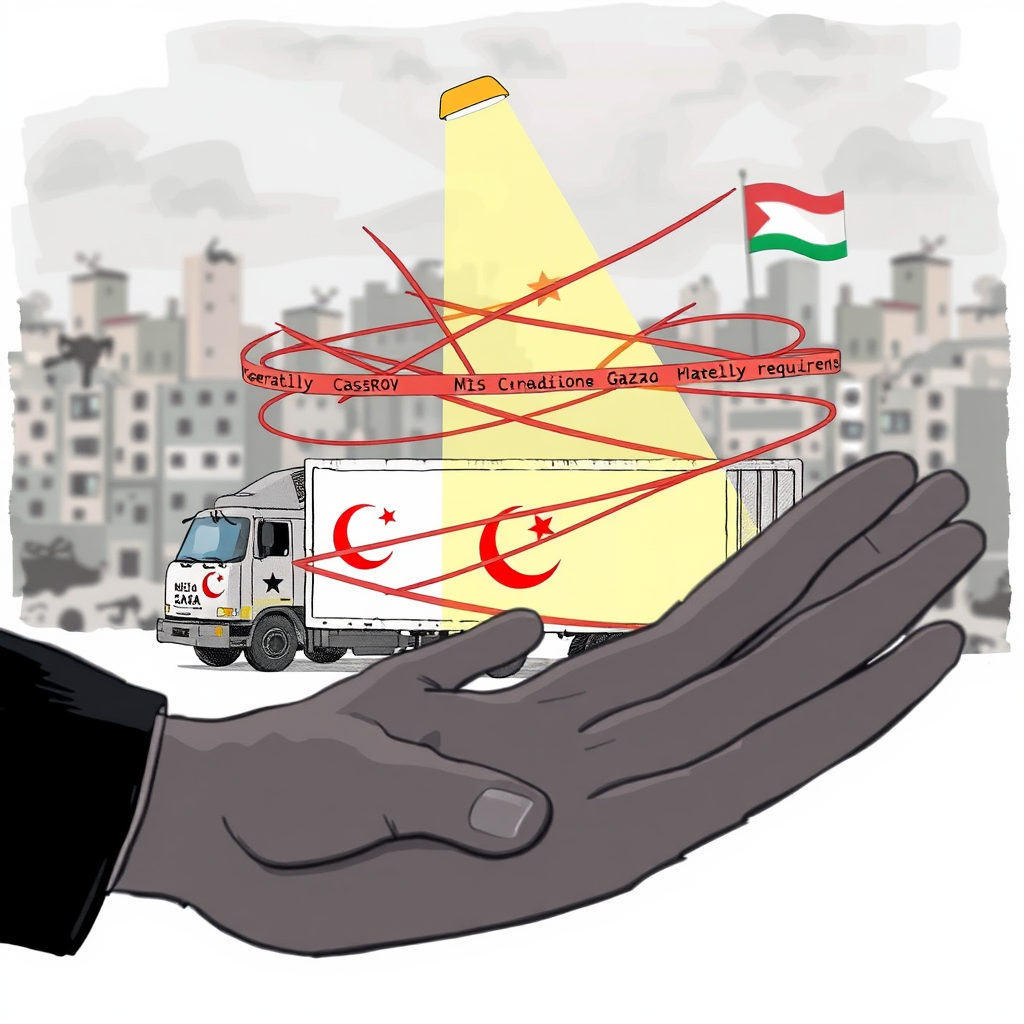Gaza Aid Plan Sparks Controversy and Hope

The Biden administration is outlining a new strategy for humanitarian aid delivery to Gaza, a region facing a severe and prolonged crisis. For over ten weeks, Israel has maintained a comprehensive blockade of food, fuel, and medical supplies entering Gaza, citing concerns that Hamas diverts these resources away from civilians. The U.S. asserts this new plan is designed to mitigate those risks and ensure aid reaches those in need. However, the proposal is drawing criticism from aid organizations and political analysts who fear it could establish a problematic precedent, potentially normalizing stringent conditions on humanitarian assistance and shifting responsibility for aid distribution away from established, neutral parties. While the intent to alleviate suffering is laudable, the long-term implications of conditioning aid based on accusations of diversion – even if valid – raise serious concerns about the principles of impartial humanitarian action and could ultimately hinder effective aid delivery in future crises. The details of the plan remain somewhat opaque, fueling skepticism about its practicality and potential for genuine impact on the ground, given the scale of the humanitarian catastrophe unfolding in Gaza. It’s crucial that any new mechanism prioritizes independent verification and ensures aid reaches vulnerable populations without further delay or political entanglement.